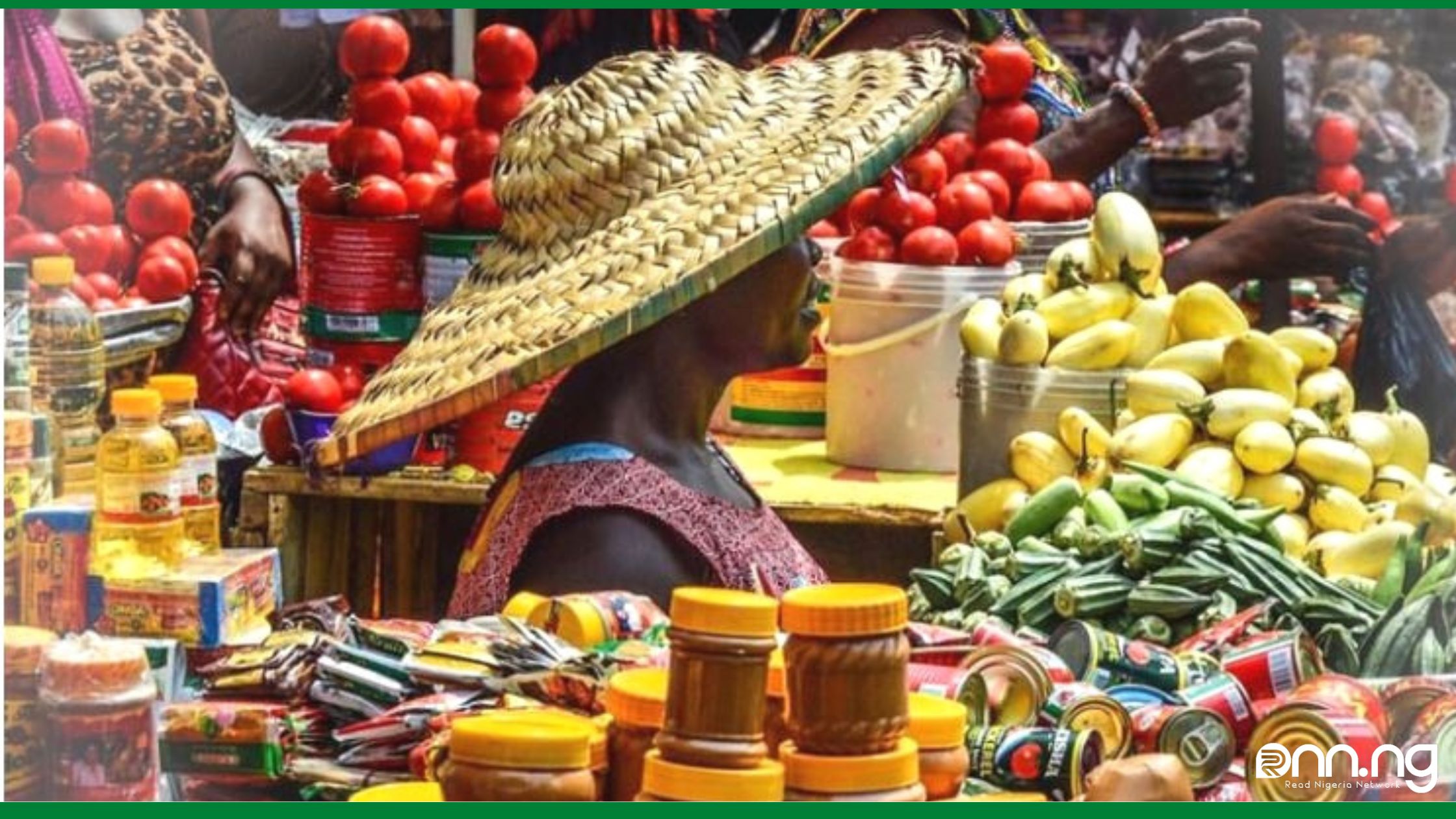Business News
Ghana’s inflation rate reaches a record high of 40%
The situation of Ghana’s economy is still going in the wrong direction, seeing a spike in its inflation rate for the 17th consecutive…

- On Wednesday, it was revealed that Ghana’s inflation rate for October was 40%
- Basic good costs have been significantly impacted
- This is the 17th month in a row that inflation has increased, up from a rate of 37.2% in September
The situation of Ghana’s economy is still going in the wrong direction, seeing a spike in its inflation rate for the 17th consecutive month, rising to a record high of 40%. The country’s inflation rate was 37.2% in the previous month, which sparked a protest and led the president to sound the alarm.
The increase in the price of housing, water, electricity, gas, and other fuels, which collectively recorded an inflation rate of 69.6%, had a significant impact on last month’s inflation. Household equipment and routine home maintenance (55.7%), transportation (46.3%), personal care, social security, and other goods and services (45.5%) were other factors that contributed to the inflation rate.
Professor and Government Statistician Samuel Kobina Annim announced the news during a press conference on Wednesday. He said, “Food inflation increased from 37.8% to 43.7%in the month under review, while non-food inflation also rose to 37.9%.” Inflation for locally produced items was 39.1 percent, while that for imported items increased to 43.7 percent.”
The sharp increase in water prices, which had an inflation rate of 64.3%, was what caused the food price increase.
The following are some additional significant statistics for the month of October: milk, dairy products, and eggs (58.9%); sugar and desserts (54.6%); fruit and vegetable juices (54.1%); fruits and nuts (52.4%); fish and other seafood (51.5%); cereal and cereal products (51.3%); tea, live animals, and meat (40.3%); oils and fats (39.4%); soft drinks (36.6%); and other plant products (46.1%).
READ MORE: As the naira falls and inflation rises; IMF warns Nigeria of the risks of dollarization
For more than a month, the Ghanaian government has been negotiating with the IMF for a $3 billion rescue fund. Although the conversations started out amicably and looked hopeful, the time it has taken to get the financing is starting to worry some people.
Another obstacle in the talks between the Ghanaian government and the IMF have been the notions of debt restructuring and debt sustainability.
The majority of lawmakers from Mr. Akufo-New Addo’s Patriotic Party (NPP) demanded the expulsion of the finance minister on Tuesday of last week. The NPP parliamentary majority of 137 members came to the conclusion that the finance minister must be removed in order for them to continue participating in any government business.
The finance minister will continue in his job for the time being, despite the president’s earlier declaration that he would look into the situation.
